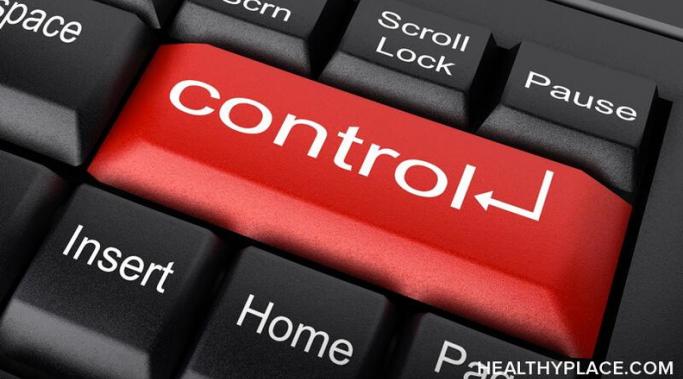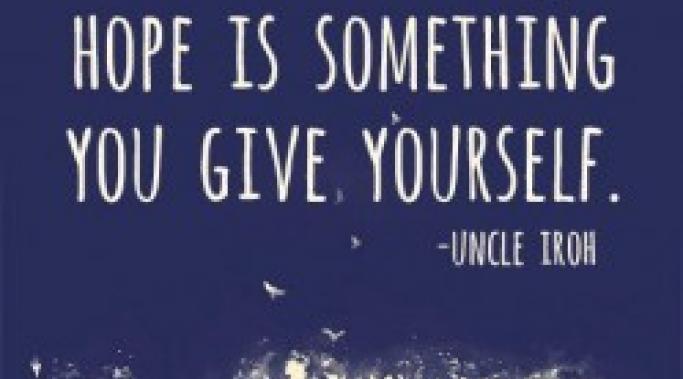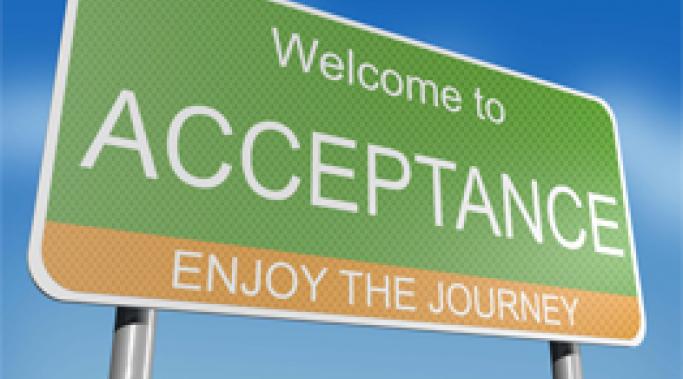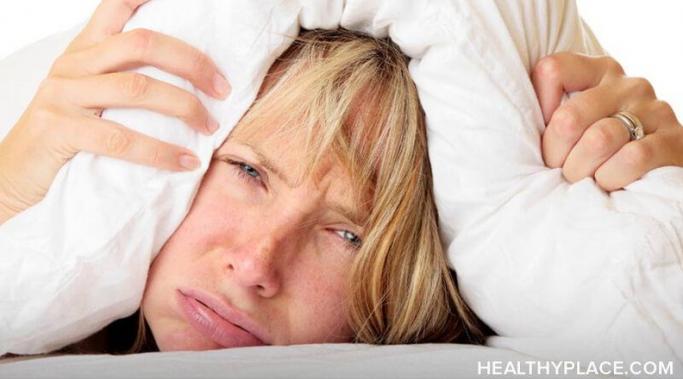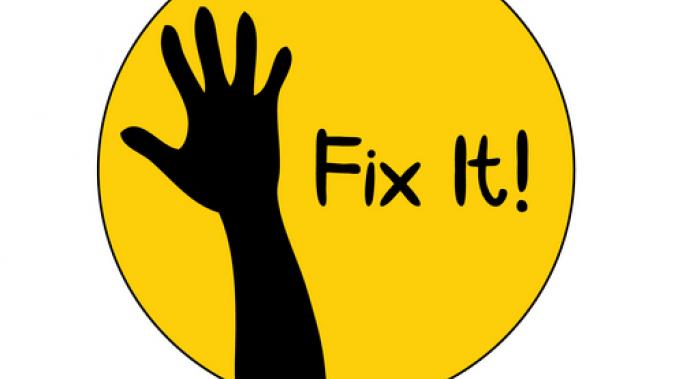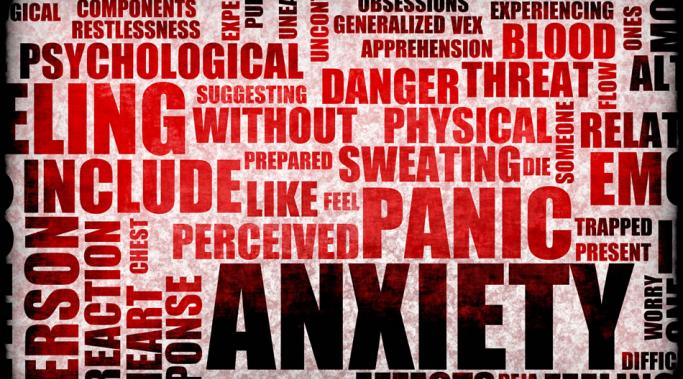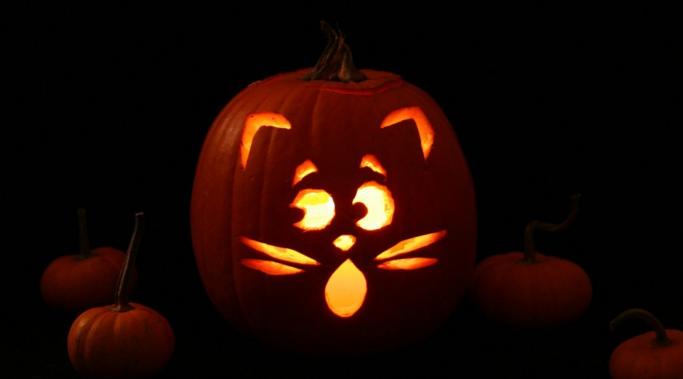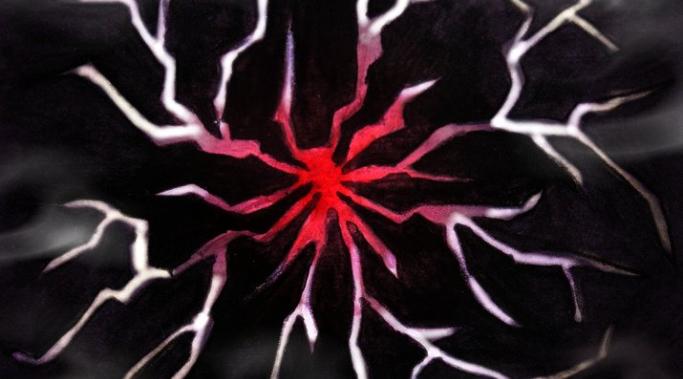In 2010, I worked as a peer support specialist for a mental health organization in my community. Having been on the job for just over a year, I was feeling fulfilled and proud of myself for what I’d accomplished. Most importantly, I was making a difference to other people who suffered from mental illness. My colleagues were happy with my work and made it a point of telling me so.
So imagine my surprise when I was called into the boss’s office one day. She looked at me and said, “Mike, you are decompensating.” I didn’t even know what that meant.
Recovery Issues
Have you ever noticed that control is a major life issue for people? And have you noticed that we all, as human beings, want to have control of ourselves, others, and pretty much the entire universe, if we had our way? Of course, you've noticed, because you've lived around other people enough to know that our quest to control permeates much of our lives.
Mental health recovery is an exercise in hope. Hope—the earnest expectation of coming good. Hope is indispensable to our recovery. Hope can help us move away from the terror of defeat and despondency. It's not an abstract idea that makes no real difference in our recovery. It’s the cornerstone upon which the entire recovery foundation is built. There can be no recovery without hope.
Despair on the other hand, is a hellish pit we can find ourselves in if we are not careful.
The source of much of our discomfort lies in what we find unacceptable. I’m heartbroken because I don’t want to accept that person I loved is gone forever. I’m anxious because I don’t want to accept that I might actually be safe, that no one is trying to purposely hurt me. I’m sad because I have difficulty accepting that there are actually good and lovely things in this world, as well as the bad things. I don’t want to accept that I need to be on this medication now, and maybe for life. All these things, and many more, I find unacceptable.
I want to tell you about my neighbors. That is, I would tell you about my neighbors if I knew any of them. Now partly, it's a societal change. Many people just aren't neighbors anymore in the classic sense of the word. Oh sure, we'll wave across the fence, but that's pretty much it. I've lived in the same house for 14 years now.
The reason I don't do the neighbor thing is because I don't want them to know me.
I lost a friend to suicide last week. A friend who struggled, triumphed and sadly, lost the battle with his mind. I have witnessed many of my friends and loved ones struggle with mental illness and it is heartbreaking on many levels.
Yet a *blessing* appeared in the form of a friend who experienced watching another friend’s depression and wanted to understand the cycle of depression better. I will share with you what my response was.
Are Self-Help Books, Videos The Answer?
Whether the "problem" is mental illness, low self-esteem, feeling unfulfilled or any other "malady", there is a book, problem or savior for you! Walk into your local Barnes & Noble, Half-Price Books or independent bookseller and take note of how much real estate is devoted to the self-help titles. You Can Change Your Life, The Secret, The Law of Attraction. . .the key to a happy life is contained within. Can't you hear the harps playing as you crack it open? No? Me neither.
Once upon a time, a woman confident upon the stage, attended a TEDx event. The woman wove her way through the crowd to find her seat and settled in. The speakers were engaging, the topics diverse and she sat at rapt attention. At the 1st break, the woman stepped out for fresh air. Except that it wasn't fresh and there was no air. Everyone else was taking all of the air. She found herself swallowed up in the crowd and each time she re-established her personal space, the school of fish moved in again like a moving wall. She spent every break wishing for a few moments of silence. Even going outside the building brought no piece, the fish simply found another route to the "food". The woman in this story is me and the story is about social anxiety, panic and the effects of PTSD (post-traumatic stress disorder) on the ability to persevere.
Halloween and Dia De Muertos (The Day of the Dead) can be child's play. Ghosts, goblins, superheroes, Disney princesses and more bring both smiles and horror. For those with a mental illness, PTSD or panic, Halloween can conjure up very intense negative responses.
Sometimes horror flickers on the TV screen or in the movie theater, sometimes horror is found behind a mask, sometimes it comes to visit wrapped in "Trick or Treat!" Potential triggers lurk everywhere: black cats, oversized spiders, masks, horror movies and even costumes that perpetuate mental health stigma, domestic violence and much more. Ahhh, the midnight hour.
PTSD triggers. For those of us with a mental health diagnosis (diagnoses), the definition of a trigger is far more than a level with a catch or means of releasing it. Triggers are a response to stimuli and a result of past trauma. PTSD triggers can include certain odors, a particular tone of voice, certain objects, places and so much more. The brain creates a physiological response: increased heart rate and respiration, sweating, a need to escape, a need for silence, sleeplessness, hyper vigilance and so much more. Responses to triggers are unique to each individual. No cookie cutter responses here!

